Our History
The Iribe Initiative for Inclusion and Diversity in Computing (I4C) aims to create an inclusive computing community in College Park, Maryland, and beyond.
With a $1 million gift from alum Brendan Iribe, I4C launched in April 2019 and expanded existing programming in the Maryland Center for Women in Computing (MCWIC) to support all groups underrepresented in computing.
Following is a roundup of key moments in I4C's history.
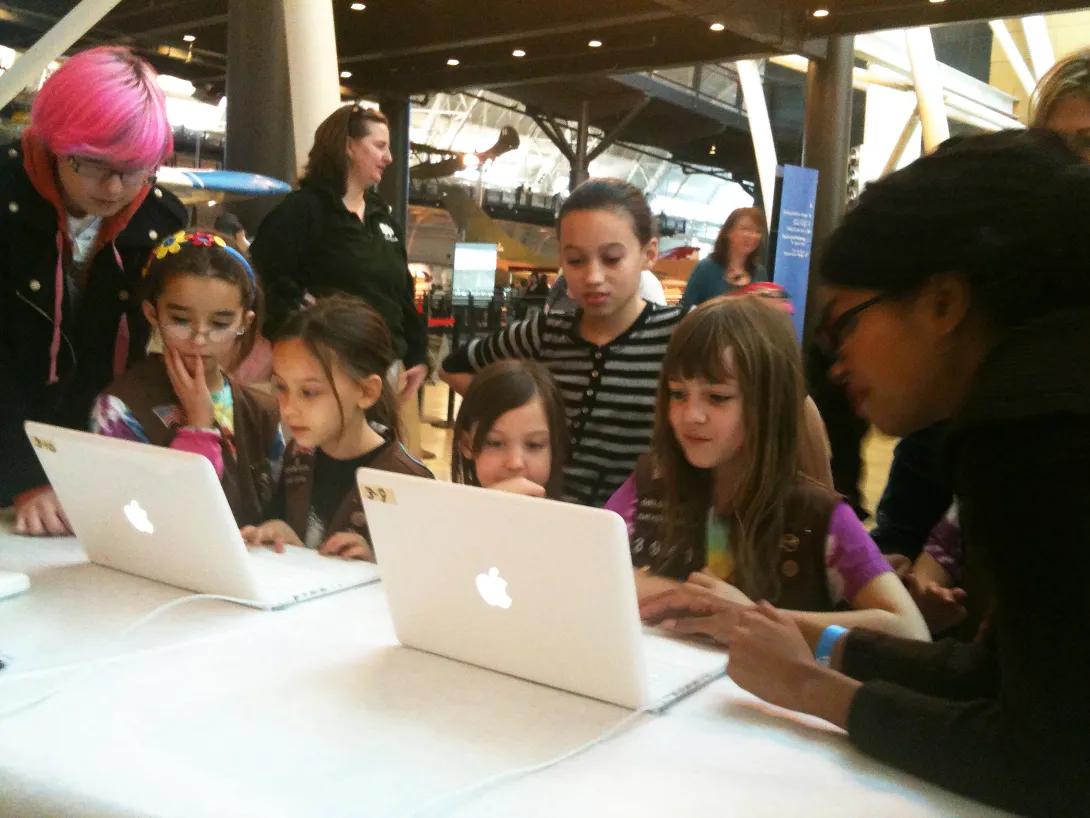
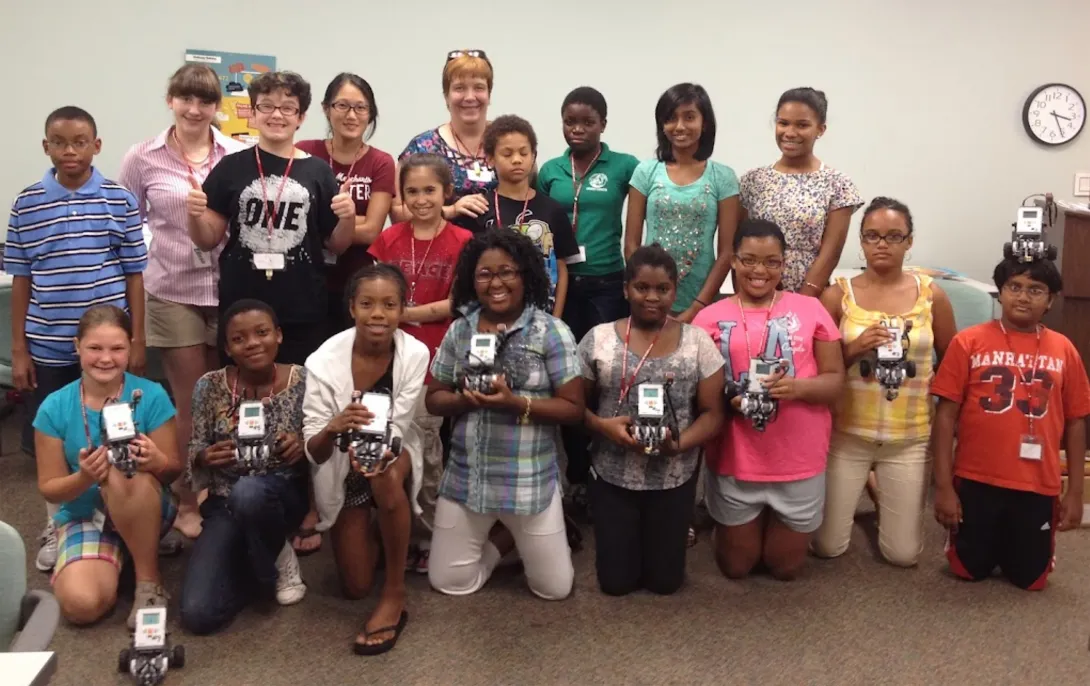
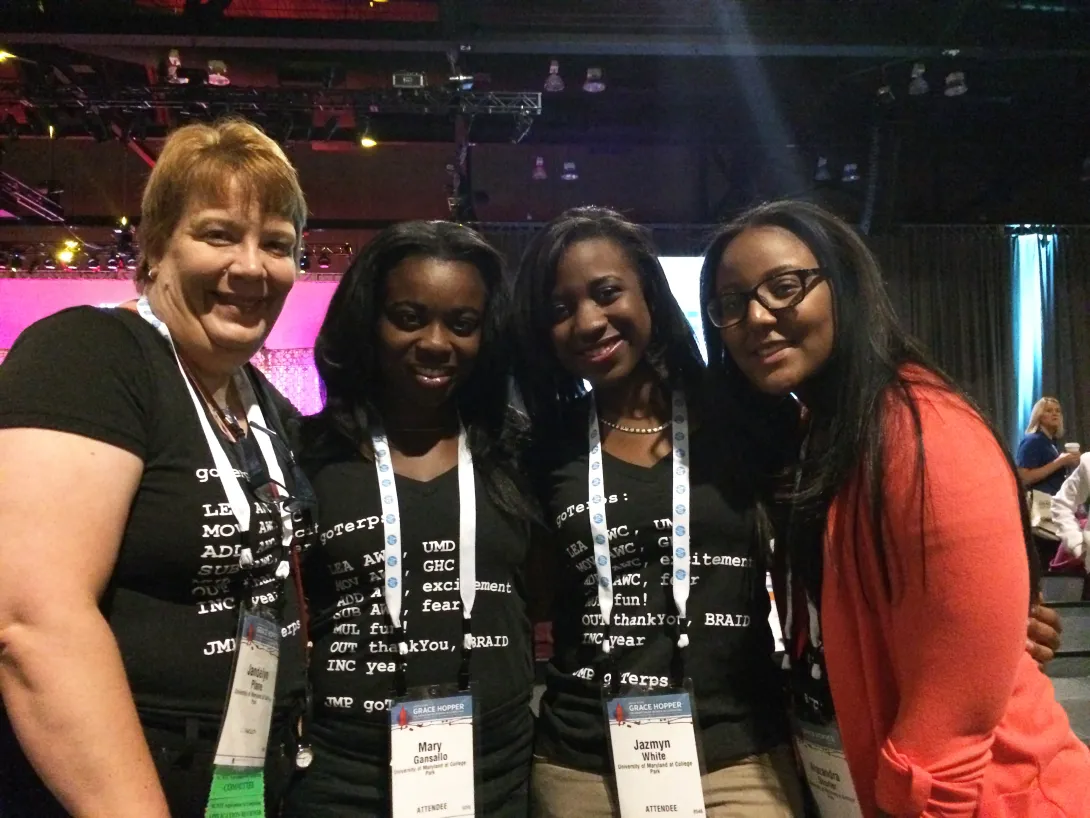

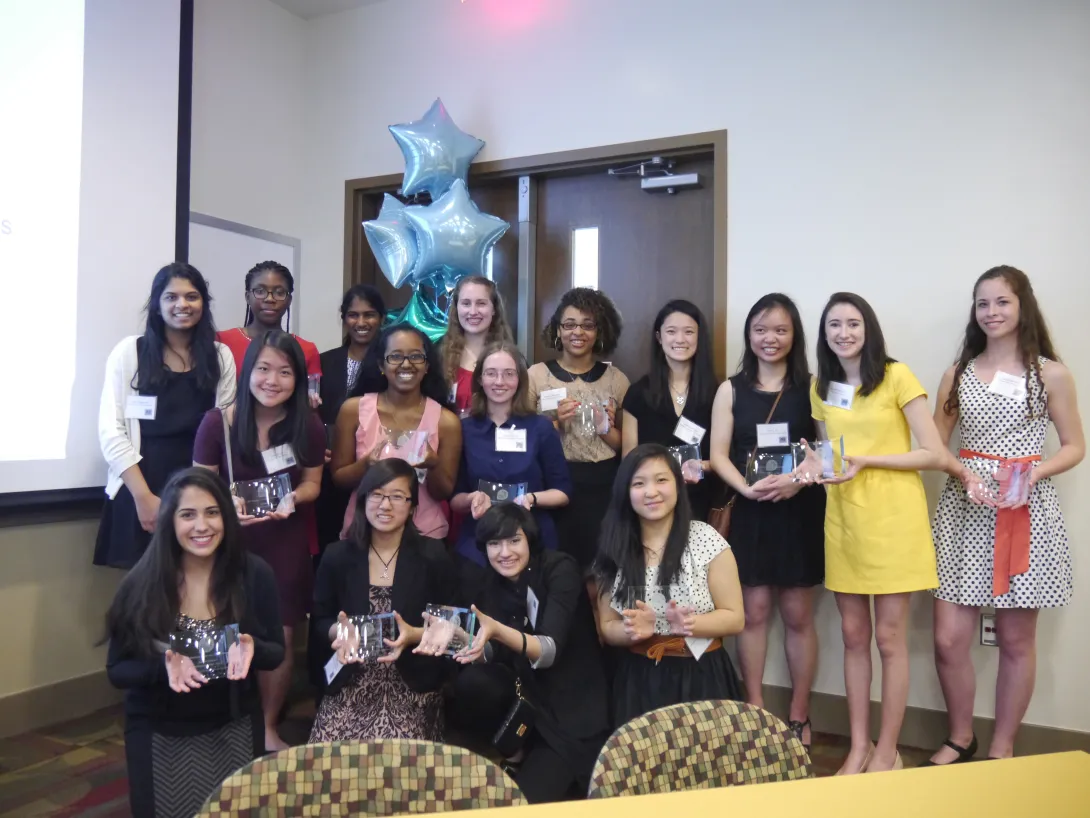
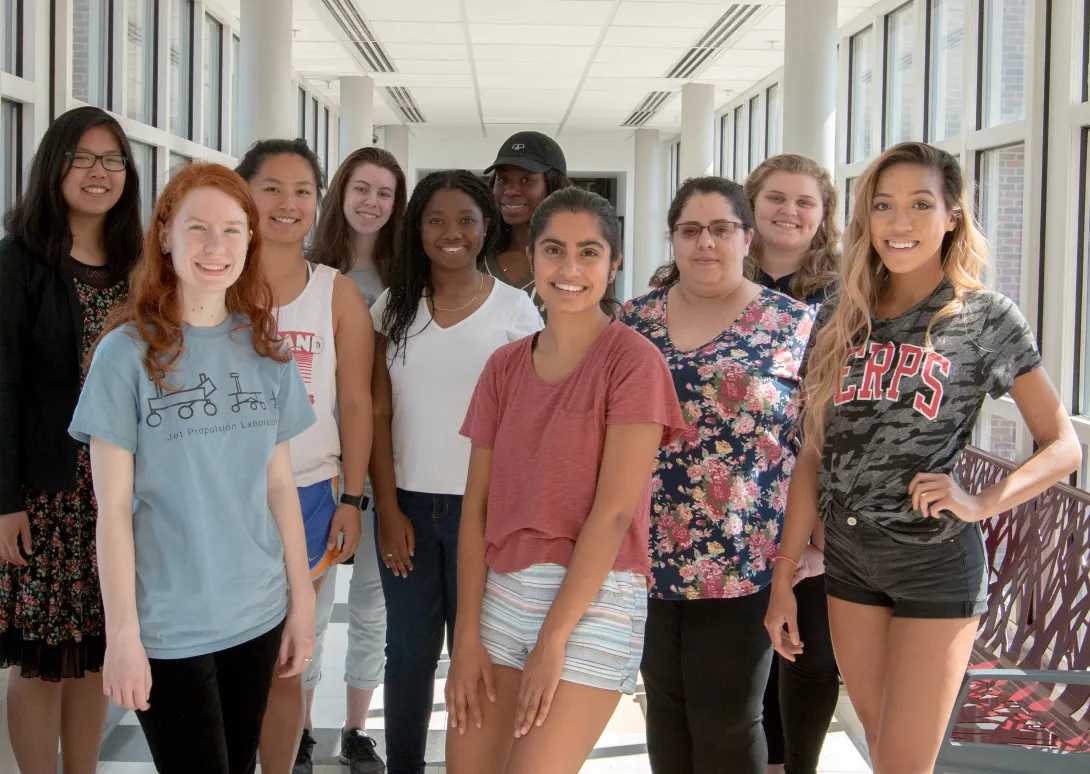
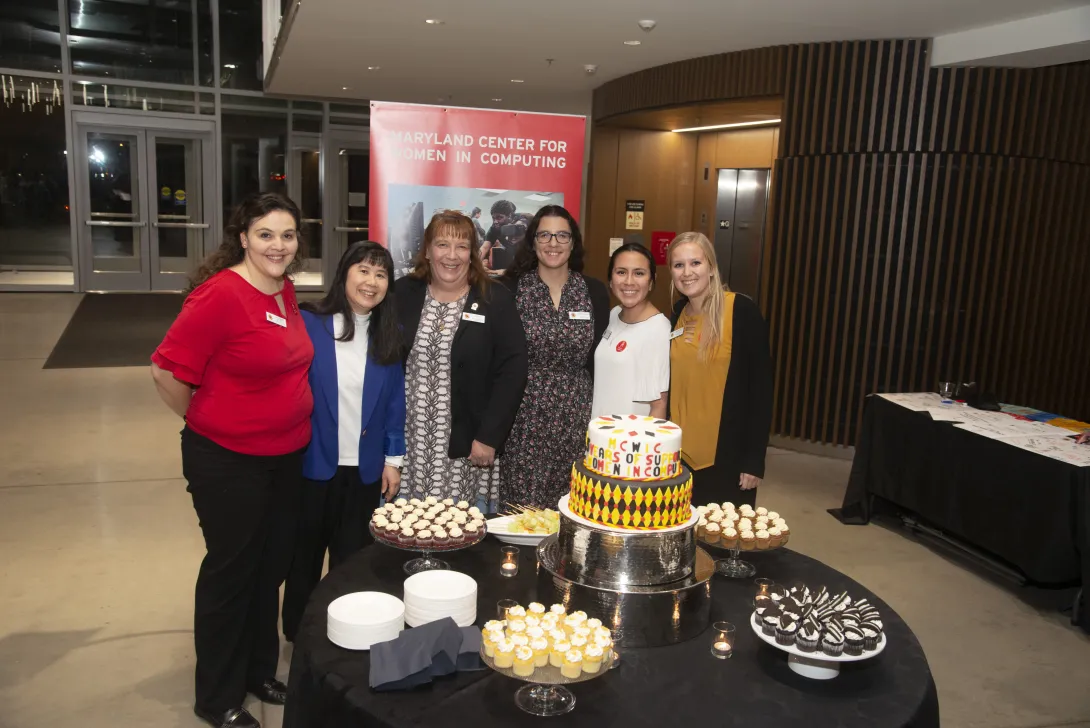
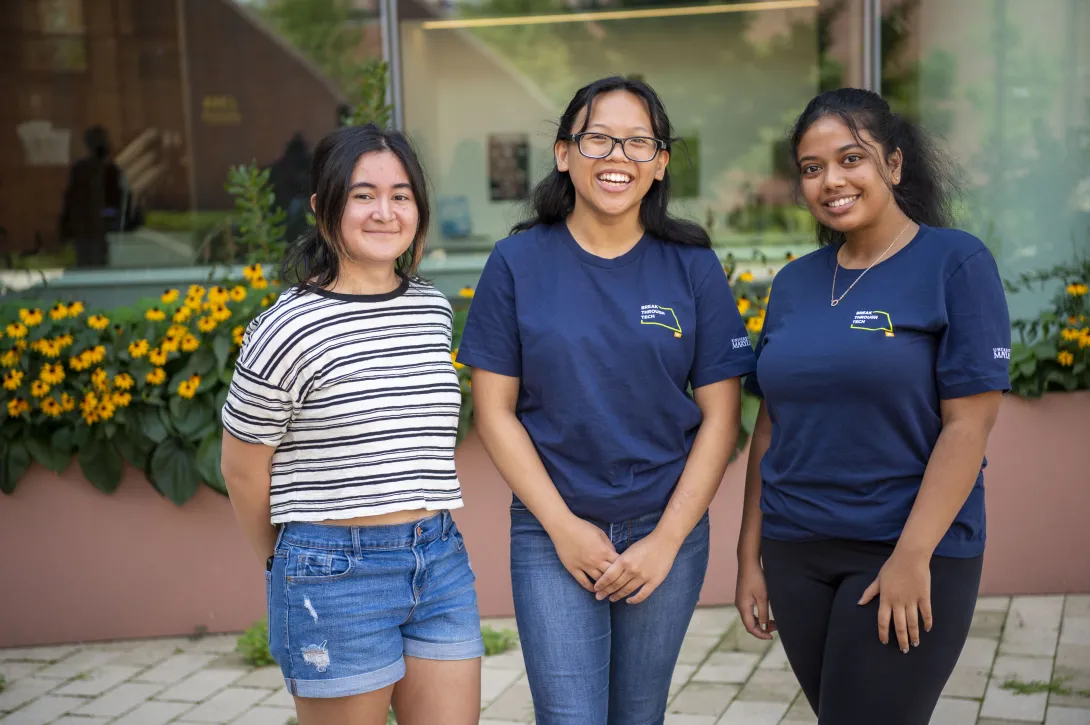

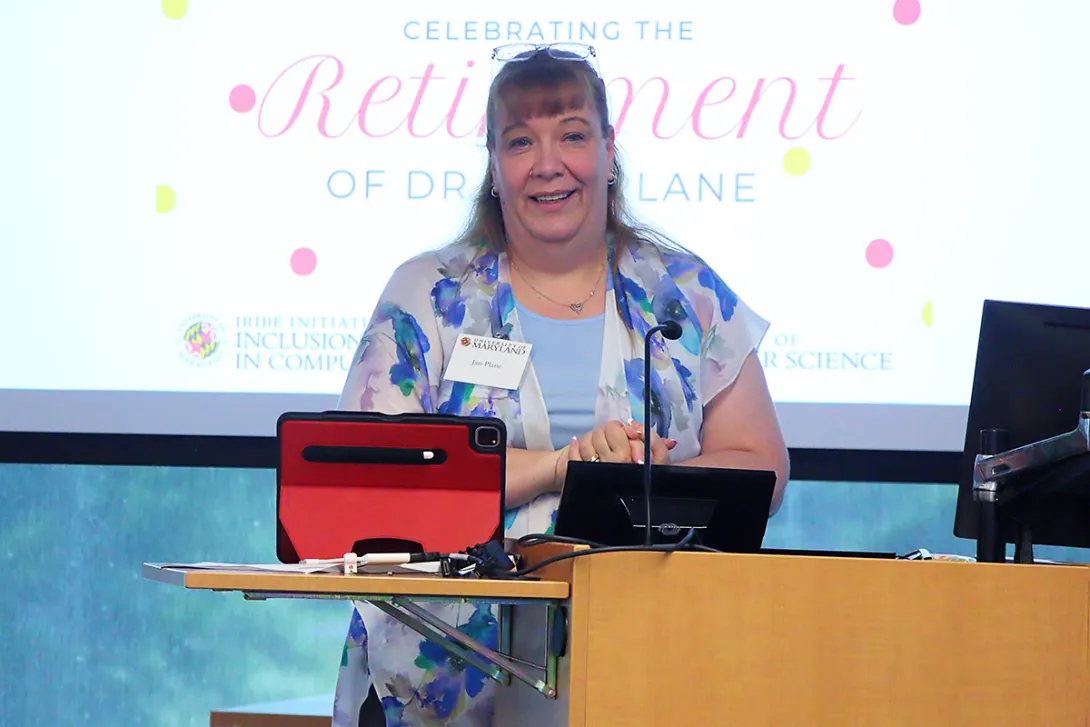
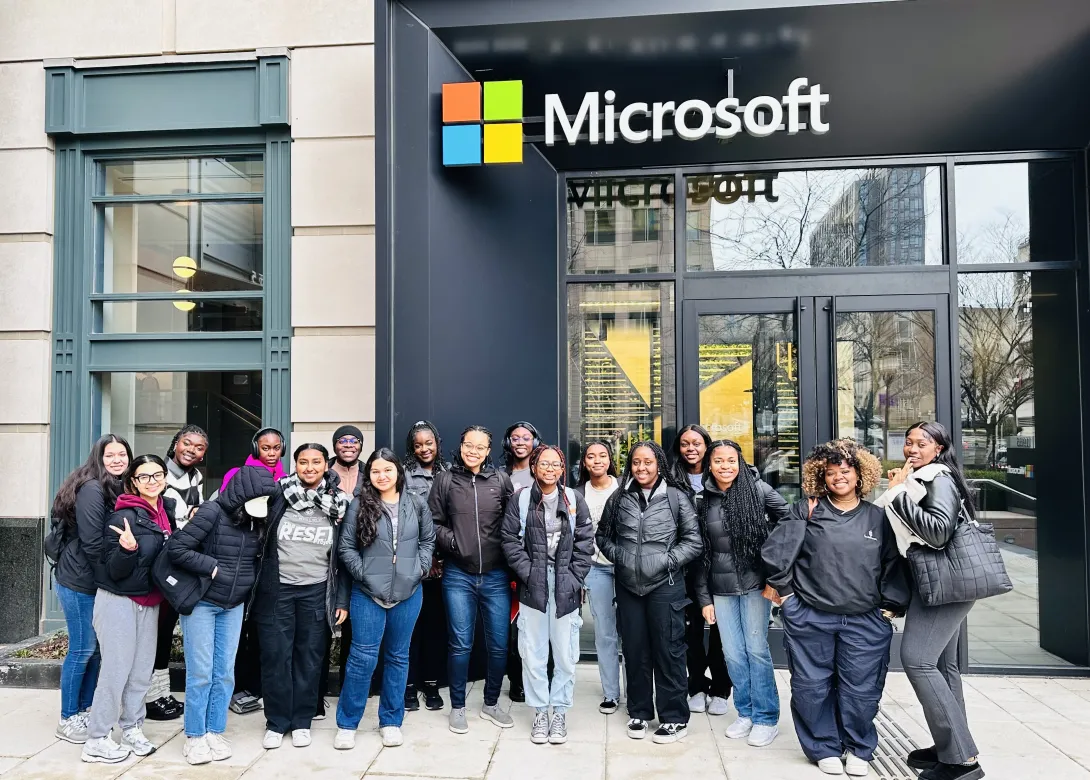
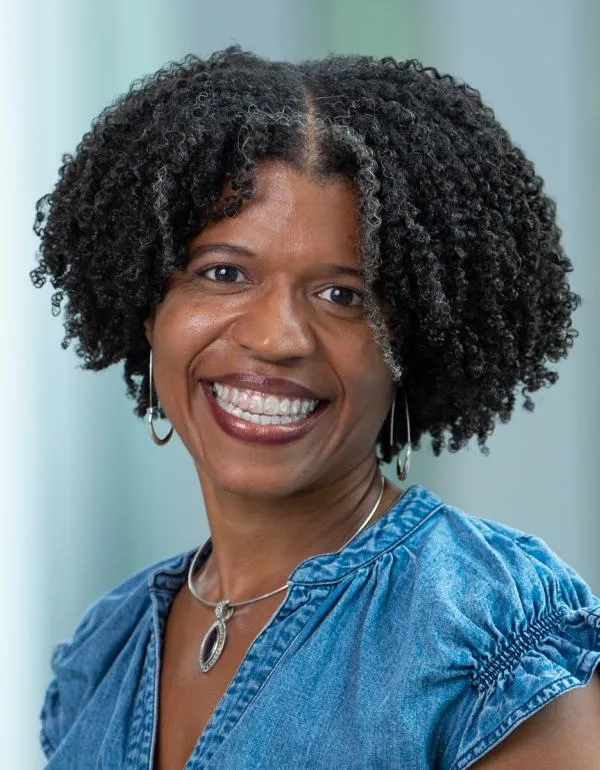
2004
2012
2012
2014
2015
2017
2019
2021
2021
2022
2023
2024
Founding Director Jan Plane helps launch a chapter of the Association for Women in Computing (AWC) at the University of Maryland, which created a partnership with local Girl Scouts troops and schools for outreach.
The first CompSciConnect summer camp begins for middle schoolers, thanks to funding from AFCEA Bethesda.
Founding Director Jan Plane serves as the local chair of the Grace Hopper Celebration in Baltimore, Maryland, launching a tradition of bringing large groups of students to diversity conferences.
The Maryland Center for Women in Computing launches with support from the University of Maryland Department of Computer Science; Institute for Advanced Computer Studies; and College of Computer, Mathematical, and Natural Sciences.
The Maryland Center for Women in Computing hosts the Maryland Affiliate of the National Center for Women & Information Technology (NCWIT) Aspirations in Computing for the first time on the UMD campus.
The Maryland Center for Women in Computing makes strides in expanding current student programming—including our first tutoring and mentoring sessions—and computing education research with additional funding from the Laboratory for Telecommunications Science.
The University of Maryland launches the Iribe Initiative for Inclusion and Diversity in Computing with a $1 million gift from alum Brendan Iribe. Our team expands and moves into a new space in the Brendan Iribe Center for Computer Science and Engineering and created the Diversity & Inclusion in Computing Education (DICE) Lounge.
Break Through Tech DC launches at the University of Maryland with a specific goal of achieving gender equality in computing majors. The Guild (now known as TechStart) summer bridge program is held for the first time at the University of Maryland.
CompSciConnect alum Amber Melton’s robot is featured in the National Museum of American History’s “Girlhood (It’s Complicated)” exhibit, which explores the history and experience of girls in America.
Maryland Center for Women in Computing and Iribe Initiative for Inclusion and Diversity in Computing Founder Jandelyn Plane retires from the University of Maryland. David Weintop takes over as interim director.
The Reboot Representation Tech Coalition awards the University of Maryland $500,000 for the RESET Project, a program housed in the Iribe Initiative for Inclusion and Diversity in Computing that aims to reset tech culture to Represent, Excel and Support Equity in Tech (RESET).
College of Information Associate Professor Tamara Clegg is appointed director of the Iribe Initiative for Inclusion and Diversity in Computing for a two-year term.
Awards received by I4C staff and faculty
- April 19, 2024: Elias Gonzalez receives the College of Computer, Mathematical, and Natural Sciences Board of Visitors Creative Educator Award.
- April 17, 2024: Elias Gonzalez receives a 2024 Teaching Innovation Grant.
- March 21, 2024: Jan Plane wins the ACM SIGCSE Award for broadening participation in computing education.
- January 24, 2024: Caitlin Rudy received the Terrapin Innovation Award for her work on Career Launch.
- August 4, 2022: Kate Atchison wins the University System of Maryland Board of Regents Staff Award for inclusion, multiculturalism and social justice.
- May 5, 2022: Utsa Santhosh, a senior computer science major and and I4C undergraduate administrative assistant, is named a University of Maryland Woman of Influence by the President's Commission on Women's Issues.
- April 7, 2022: Jan Plane wins the Provost's Excellence Awards for Professional Track Faculty.
- May 14, 2021: Kate Atchison receives the Department of Computer Science Staff Service Award.
- April 17, 2019: Jan Plane wins the University System of Maryland’s Board of Regents Faculty Award for Excellence in Public Service.
- May 7, 2018: Jan Plane receives the College of Computer, Mathematical, and Natural Sciences Board of Visitors Creative Educator Award.
- March 31, 2017: Jan Plane is named a University of Maryland Woman of Influence by the President's Commission on Women's Issues.
- June 2, 2016: Jan Plane is promoted to principal lecturer in the Department of Computer Science.
- April 4, 2014: Jan Plane wins the Women in Technology Social Impact Award.
